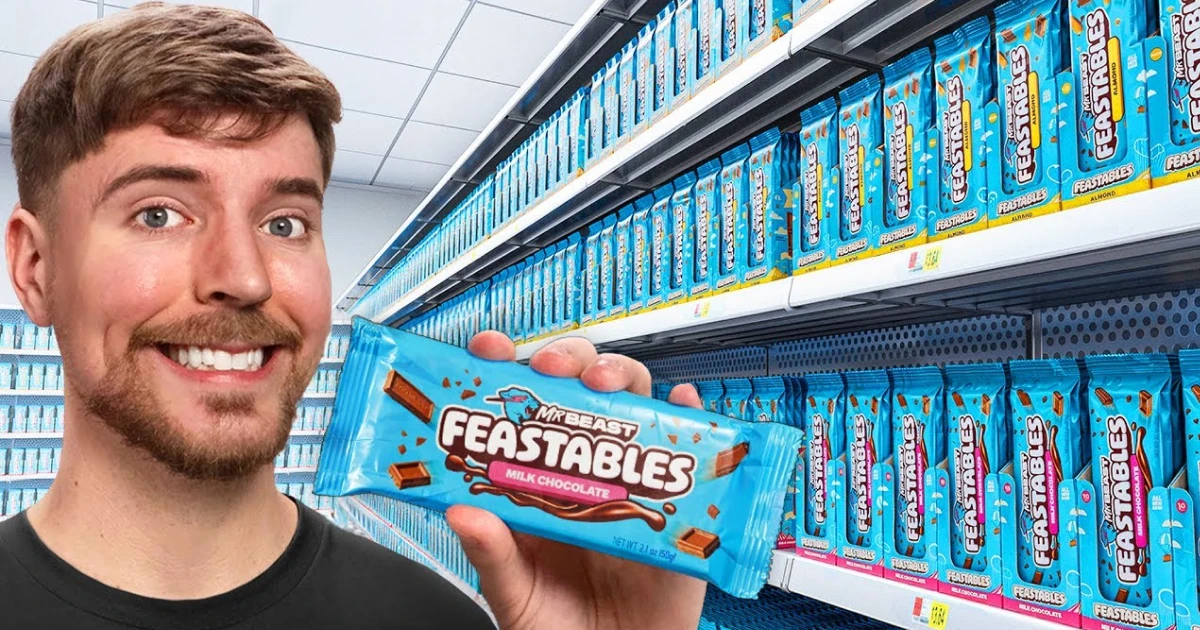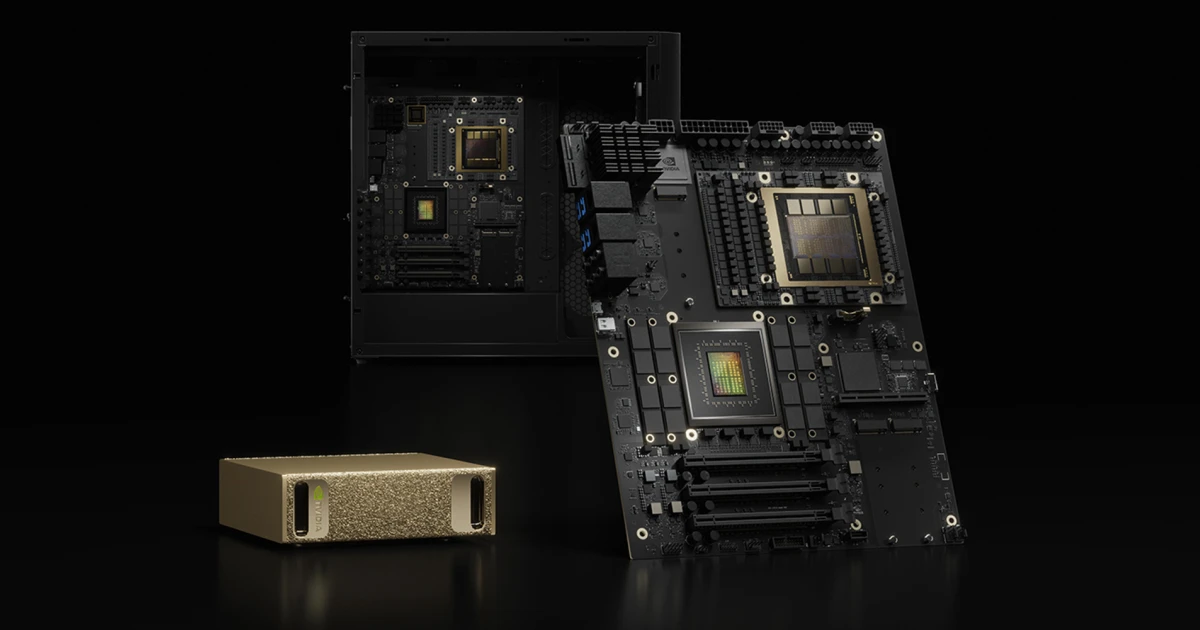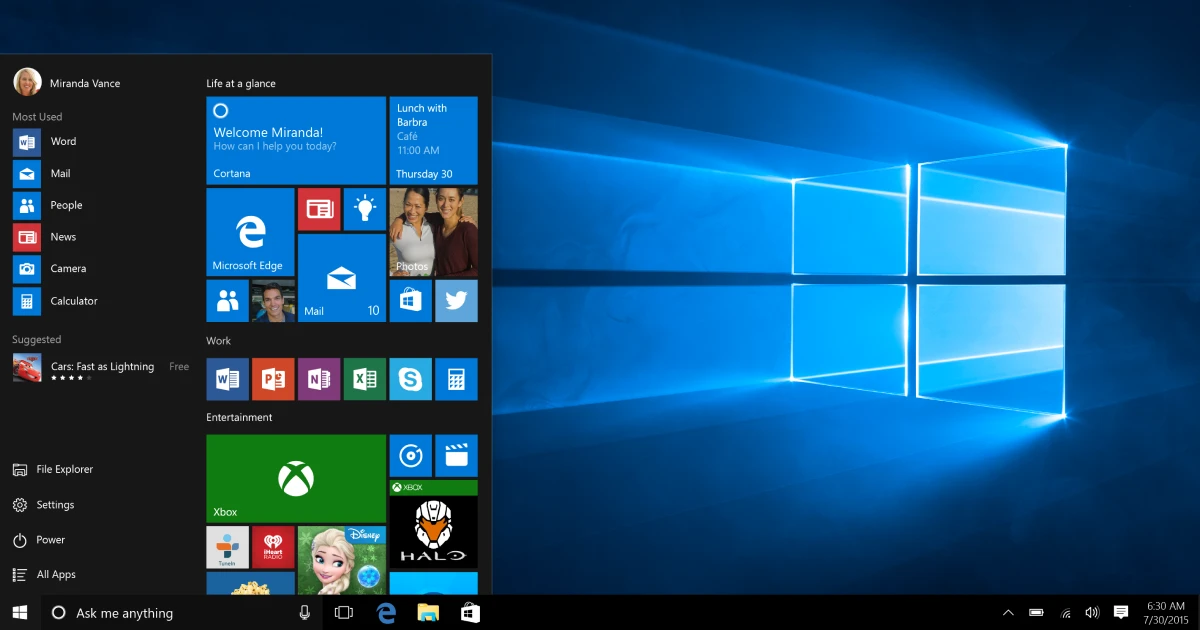transportation systems inside cities were so dependent on cabs… And the truth is that it was so easy to have an unpleasant experience that a switch in the way we handle transportation was inevitable.
In the last decade or so, more precisely since 2009 when Uber disrupted the market, we have witnessed the constant change in the transportation industry. More people began to use ride-hailing applications to move around rather than using public transport, taxis, or their cars. And while in many parts of the world, Uber dominated the market, in Europe competition started to arise, with Bolt entering the market of ride-hailing in 2013.
With its innovations that attacked a market opportunity that couldn’t be ignored, Bolt has become one of the biggest private companies in the world. In this article, we will analyze how Bolt reached Unicorn status, meaning a valuation of over 1 billion dollars while still being privately owned.
Markus Villig founded Bolt at just 19 years old.
He was a student in his home country of Estonia at the time, and 6 years later he became the youngest self-made billionaire in Europe. It all started when he decided to create Taxify (known as Bolt from 2018 onwards) to provide more affordable services in the ride-hailing industry. His business strategy was simple. Offering great deals both for customers as well as for the contractor drivers. As an example, Bolt only charged 15% of the cost of a ride, in comparison to Uber went for 25%
The company was a resounding success in Estonia and went on to appear in more European markets. Estonia’s neighbors Lithuania and Latvia were the first countries to implement Bolt.
Back in 2015, the company raised 1.4 million dollars in seed funding. This amount of money helped Bolt further expand its business and improve the technology behind the platform. By 2016 the company already operated in Africa.
And it was just the beginning, as Bolt started to attract more investors.
In 2018, five years after its founding, Bolt( still known as Taxify until 2019) reached a valuation of 1 billion dollars and introduced e-scooters in Paris and that proved to be another big success for the company. The expansion happened pretty fast, and we commend Bolt’s efforts and innovations.
But then, only 1 year later, the company entered the food delivery business, and Bolt Food was launched in Tallinn. The same business strategy applied - small delivery fees for customers to become competitive in a market where they were not the first ones.
And just 2 years later 2 new services Bolt hit the market. We are talking about Bolt’s ride-sharing app, which aims at further facilitating the reduction of car clogging in the cities, and also Bolt Market which tackles groceries deliveries. If that’s not enough the CEO, Markus Villig, stated that Bolt is not even near done with its plans. We can only be excited to see what else he got in store for us.
Offering these many services over 10 years, and expanding in more than 45 countries, meant that Bolt needed a lot of funding. And that never seemed like a problem for them. The company went through 10 founding rounds during the last 8 years, and it managed to secure almost $1 billion from investments.
Bolt is here to stay! If a company can reach unicorn status, you know that it is a real deal. Bolt’s focus on innovation, affordability, and customer service helped it to become one of the giants in the ride-hailing, e-scooter, and food delivery industry. So much so that its founder becomes the youngest self-made billionaire in Europe. Good for you, Markus!




.webp)












